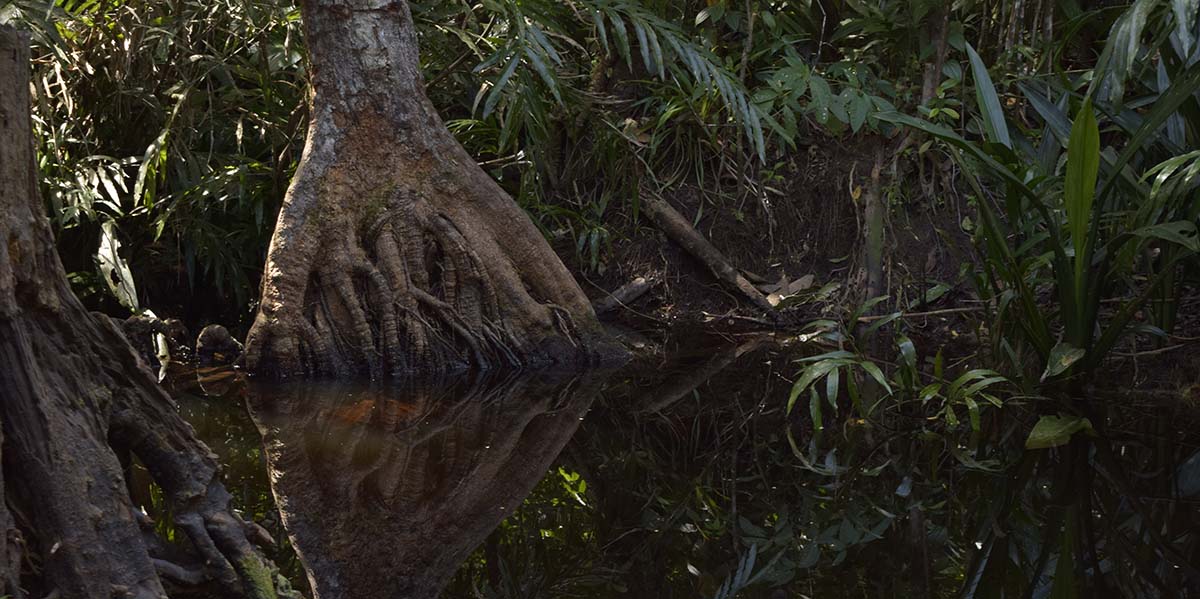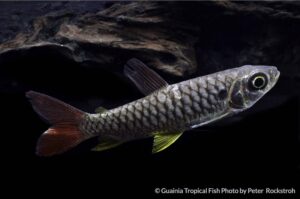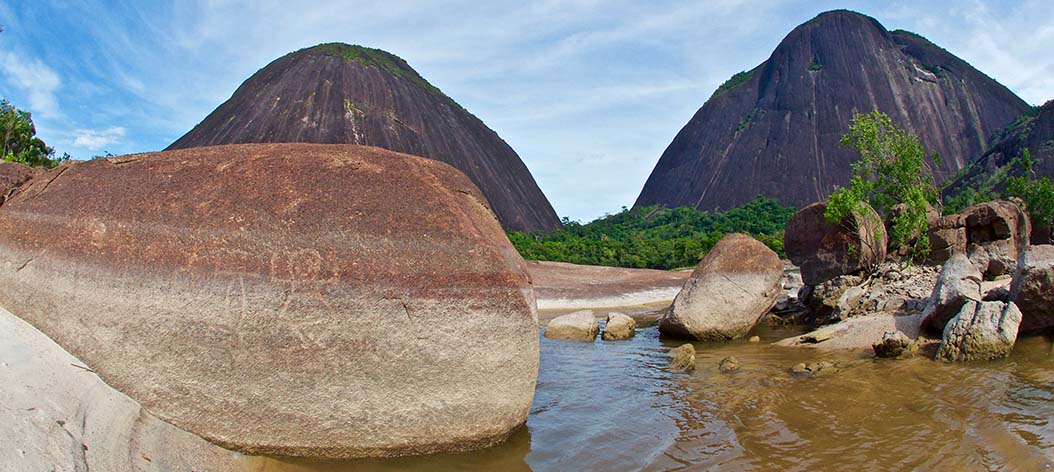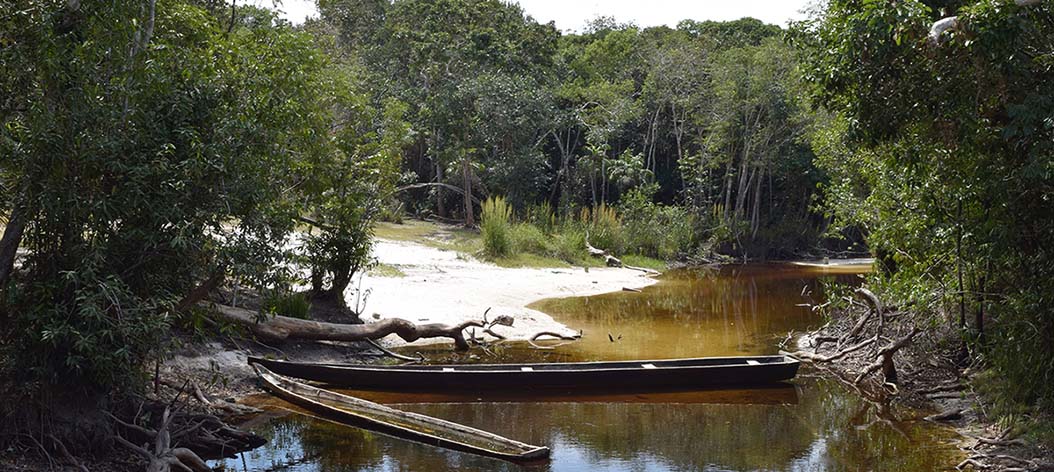Blackwater rivers are a unique geological and ecological phenomenon. Of all the montane areas draining into the Amazon basin, the Guyana shield is the oldest of them all. For over 200 million years have rivers run down its escarpments, washing, dissolving and eroding them, carrying water to the Amazon. After such a long time, there is nothing left to dissolve. These rivers run free of minerals over beds of white sand, and the only thing they dissolve are organic acids (humic acids) and tannins from the vegetation falling into the water. Without buffering mineral salts, the water is very soft and acidifies rapidly in presence of organic acids, reaching pH values < 4 in some slow moving creeks.
These rivers have little aquatic vegetation, and the associated wildlife has its metabolism in tune with these conditions. The Guainía, Inirida and Atabapo rivers are three of the Río Negro tributaries that crisscross Colombia´s southeast.
We handle a large variety of fish from these bodies of water, and many can be kept in water of higher ph (5.5 – 7.5), since their water parameters change during the rainy season. However, to breed many of these species you will have to provide soft water (Dh1) with a pH<5, as these conditions trigger part of their reproductive behaviour.





